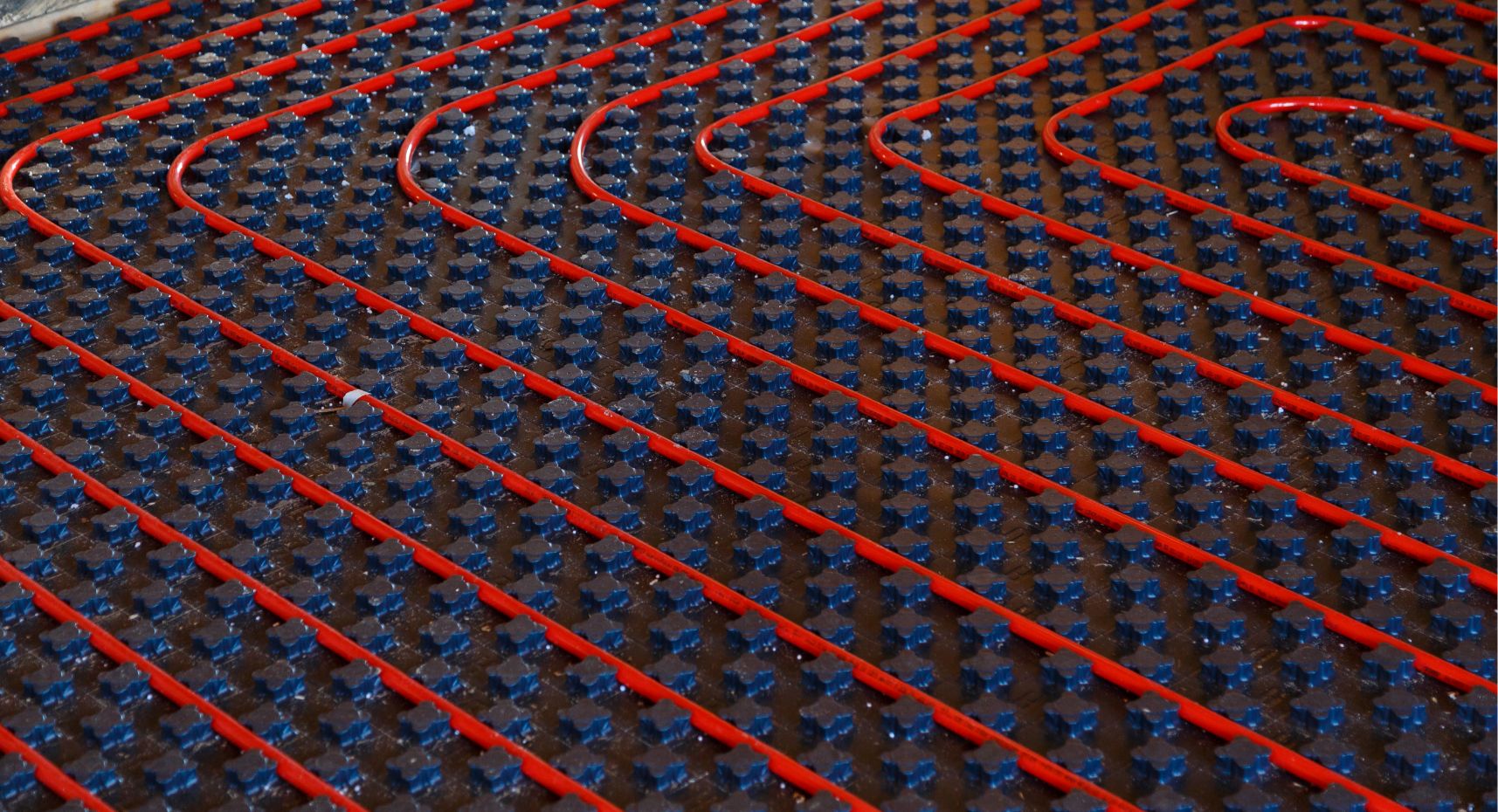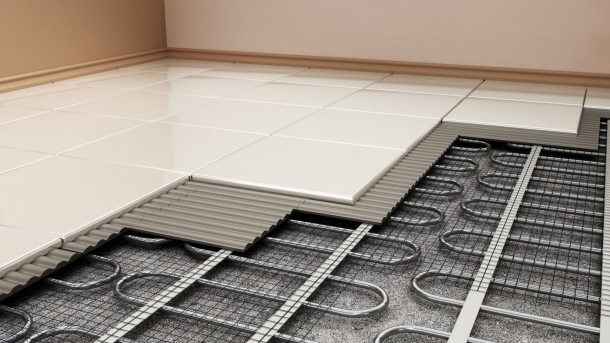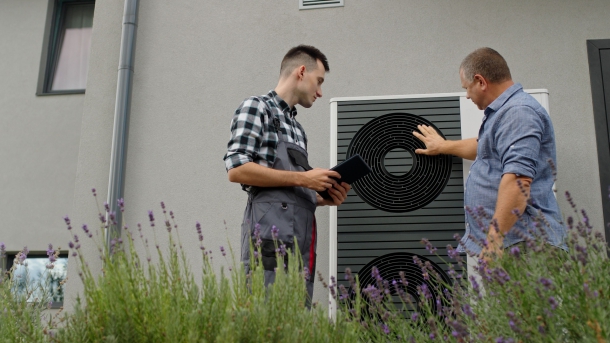How the Addition of Hydronics to Your Existing HVAC Business Can Benefit Your Customers

As an HVAC contractor, expanding your service offerings to include hydronics can significantly enhance the value you provide to your customers. Hydronics, the use of water or other liquids to transfer heat, is an increasingly popular heating and cooling solution. By integrating hydronic systems into your existing HVAC business, you can meet growing demand for energy-efficient, comfortable, and environmentally friendly options. Here’s how adding hydronics can benefit your customers and help your business grow.
1. Energy Efficiency and Cost Savings
One of the primary benefits of hydronics is its energy efficiency. Hydronic heating and cooling systems use water, which is a more effective heat transfer medium than air, resulting in better energy use and less waste. Hydronic systems, such as radiant floor heating or hydronic baseboard heaters, require lower operating temperatures than traditional forced-air systems, which can lead to substantial energy savings.
Incorporating ECM (Electronically Commutated Motor) pumps into hydronic systems further enhances energy efficiency. ECM pumps adjust their speed to meet the system's demand, drawing only the necessary amount of electricity, which results in a significant reduction in energy consumption compared to traditional fixed-speed pumps. By offering these energy-efficient systems to your customers, you’re helping them reduce their utility bills while providing a more comfortable living or working environment. As energy costs rise, more customers are seeking solutions that reduce long-term expenses, and hydronic systems, paired with ECM pumps, can fulfill that need.
2. Improved Comfort and Indoor Air Quality
Hydronic systems provide even, consistent heat that can significantly enhance indoor comfort. Unlike forced-air systems, which can create drafts and uneven temperatures, hydronic heating eliminates hot and cold spots by distributing warmth uniformly. This results in a more comfortable indoor environment. Additionally, because hydronics don’t rely on air movement, they don’t stir up dust, allergens, or other particles, improving indoor air quality. This is especially beneficial for customers with allergies or respiratory concerns, offering a healthier and more comfortable living space.
3. Quiet Operation
Many customers are frustrated by the noise produced by traditional HVAC systems, especially air handling units or forced-air blowers. Hydronic systems, however, operate quietly, creating a more peaceful environment. Whether it’s radiant floor heating or a hydronic baseboard system, the gentle and silent delivery of heat is a significant selling point for homeowners or business owners who value tranquility.
4. Sustainability and Eco-Friendliness
As environmental concerns become more pressing, many customers are looking for sustainable solutions that reduce their carbon footprint. Hydronic systems can be paired with renewable energy sources, such as solar thermal panels or heat pumps, further reducing energy consumption and emissions. Offering hydronics positions your business as one that cares about sustainability, attracting eco-conscious customers and helping them meet their environmental goals.
5. Increased Service and Installation Opportunities
By offering hydronics as part of your HVAC services, you’re diversifying your business, increasing your market share, and opening up new installation and maintenance opportunities. Hydronic systems require regular maintenance, including checking for leaks, ensuring proper pressure, and flushing the system to remove sediment buildup. By adding hydronics, you can offer customers ongoing service contracts, creating a more consistent revenue stream and building stronger customer relationships.
Conclusion
The addition of hydronics to your HVAC business can provide numerous benefits for your customers, from energy savings and improved comfort to quieter operation and better air quality. The incorporation of ECM pumps makes these systems even more energy-efficient, driving down operating costs for your customers. By expanding your service offerings, you not only diversify your business and increase revenue but also help your customers adopt more sustainable, cost-effective, and comfortable heating and cooling solutions. Hydronics is an investment in the future of your business and the satisfaction of your customers.
MORE ARTICLES

The Importance of Air Elimination in Hydronic Heating
In the world of hydronic heating, few factors are as important — yet often overlooked — as air elimination. Whether you’re a homeowner looking for consistent comfort or a professional installer designing high-performing systems, understanding the role of proper air removal is essential to maximizing efficiency and extending the life of the equipment.
READ MORE
How to Choose the Right Boiler or Heat Pump for Your Project
Selecting the right boiler or heat pump is critical for efficiency, comfort, and cost-effectiveness. With so many options available, how do you make the best choice? Metalworks, a trusted HVAC and hydronics wholesaler, breaks down the key factors to consider.
READ MORE
Top 5 Tools Every HVAC Installer Should Have on Their Truck This Cooling Season
With peak summer demand around the corner, HVAC installers need to be prepared for anything. The right tools can save time, reduce jobsite stress, and prevent costly callbacks. Whether you’re troubleshooting, replacing components, or installing new systems, these essentials belong on every truck this cooling season.
READ MORE



